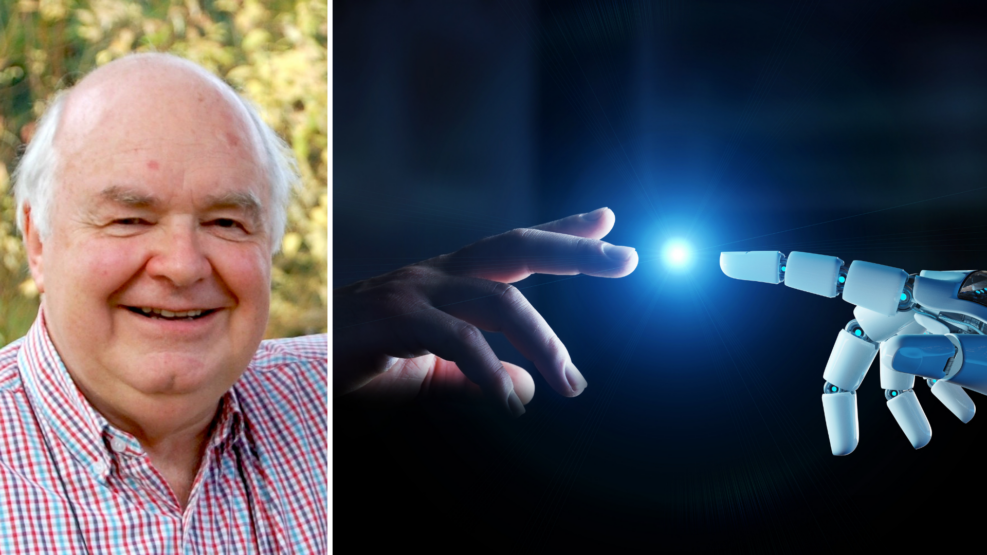
Are We Here to Re-Create Ourselves?
What are the capacities of human-like robots? Will they ever replace humans? Dr. Geoffrey Simmons and Dr. Robert J. Marks discuss artificial intelligence, outer space, consciousness, and Dr. Simmons’ book Are We Here to Re-Create Ourselves?: The Convergence of Designs. Show Notes Additional Resources


















